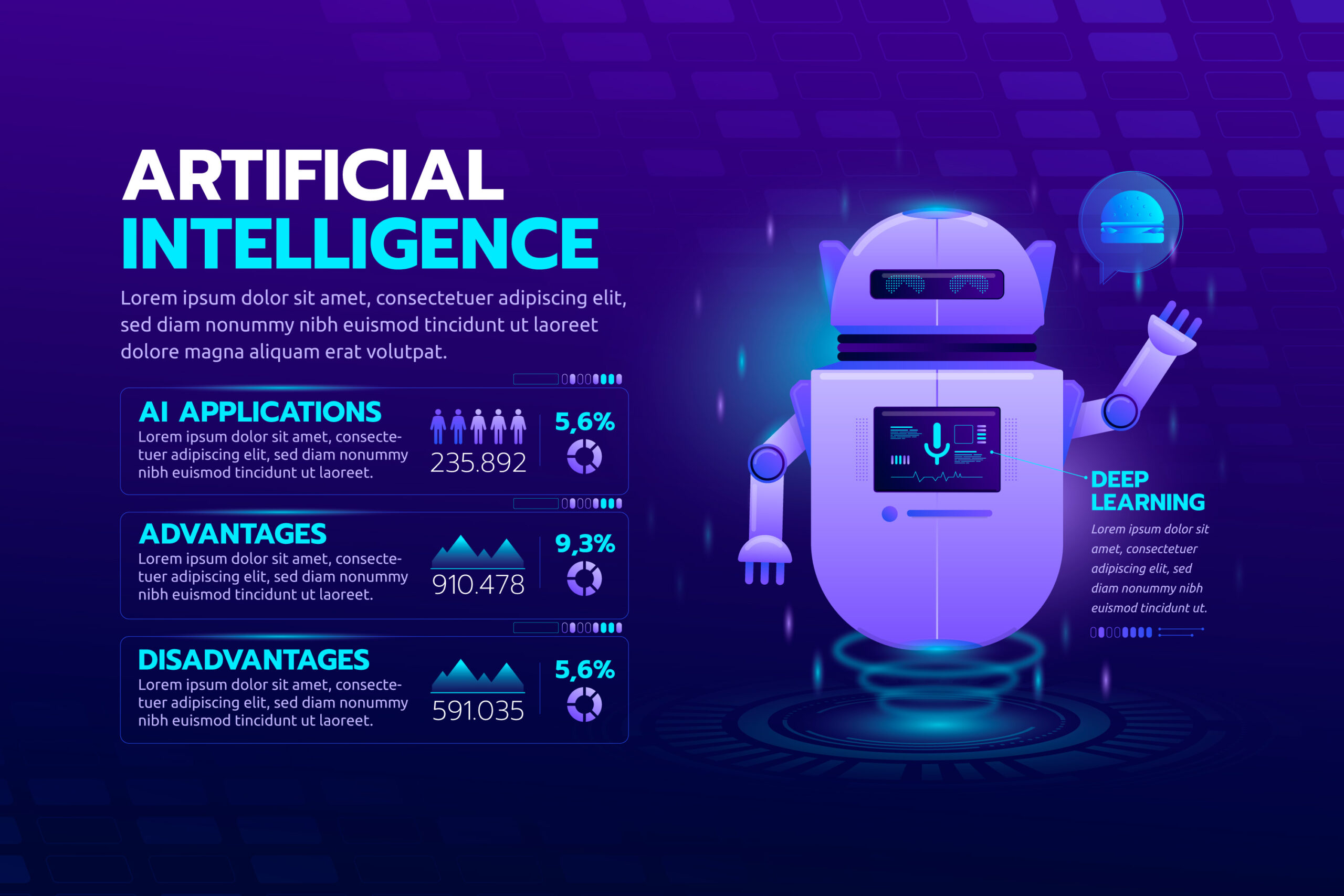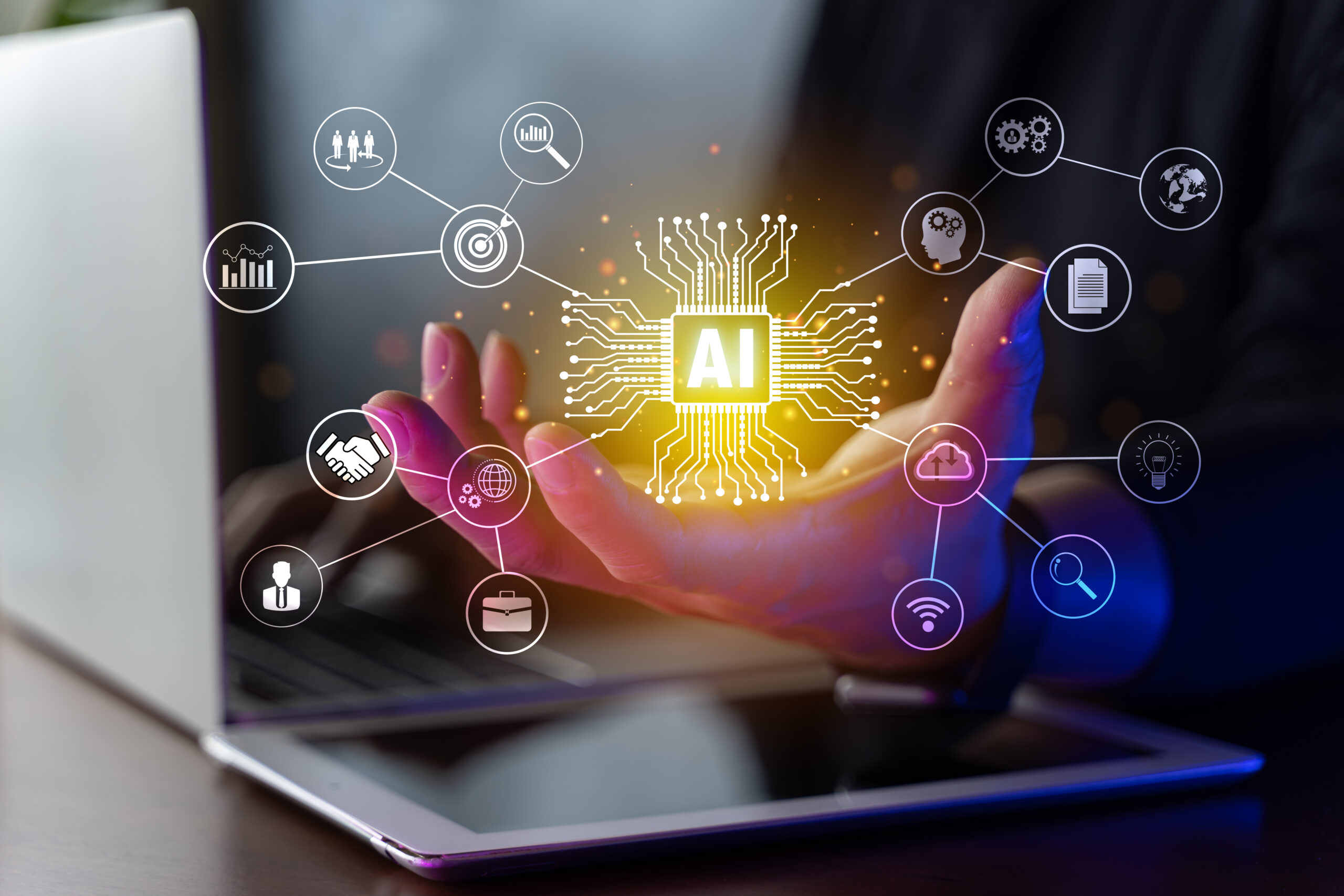AI development has become a buzzword in the tech industry, and for good reason. The advancements in artificial intelligence are transforming the way businesses operate, making processes more efficient and enabling new innovations. But for those new to the field, the question often arises: where do you start? This beginner’s guide aims to provide a clear roadmap for anyone looking to dive into the world of AI development.
Understanding AI Development
At its core, AI development involves creating systems that can perform tasks that would normally require human intelligence. This includes things like recognizing speech, making decisions, and identifying patterns. The goal of AI development is to build systems that can learn from data and improve over time, making them more effective and efficient.
Key Concepts in AI
Before diving into AI development, it’s crucial to understand some key concepts. AI can be categorized into narrow AI, which is designed to perform a specific task, and general AI, which has broader capabilities akin to human intelligence. Machine learning, a subset of AI, involves training algorithms to learn from data. Deep learning, a more advanced subset, uses neural networks with many layers to analyze complex data.

Getting Started with AI Development
For beginners, the starting point in AI development often involves acquiring the necessary skills and knowledge. Fundamental programming languages for AI development include Python, R, and Java. Python, in particular, is favored for its simplicity and the extensive libraries available for AI projects. Read this blog for more information The Role of AI and Machine Learning in Mobile App Development
Essential Tools and Frameworks
Several tools and frameworks can simplify the AI development process. TensorFlow, PyTorch, and Keras are among the most popular frameworks. These tools provide pre-built functions and models that make it easier to develop and implement AI systems, even for those new to the field.

Learning Resources for AI Development
To get a strong foothold in AI development, utilizing learning resources is essential. Online courses and tutorials from platforms like Coursera, edX, and Udacity offer structured learning paths. Books such as “Artificial Intelligence: A Modern Approach” by Stuart Russell and Peter Norvig are excellent for understanding the theoretical underpinnings. Additionally, blogs, websites, YouTube channels, and podcasts provide ongoing learning opportunities.
Hands-On Practice with AI Projects
Hands-on practice is a critical aspect of learning AI development. Setting up a development environment is the first step. Beginners can start with basic AI projects like image recognition or simple chatbots. Participating in hackathons and competitions can also provide practical experience and exposure to real-world challenges.

Building Your First AI Model
Creating an AI model involves several steps. First, understanding the problem you aim to solve is crucial. Data collection and preparation follow, ensuring that the data is clean and relevant. Choosing the right algorithm is the next step, tailored to the problem at hand. Training and evaluating the model involves testing its accuracy and making necessary adjustments. Finally, deployment and monitoring ensure the model performs well in real-world conditions.
Joining the AI Community
Engaging with the AI community can be incredibly beneficial. Online forums and discussion groups like Reddit’s r/MachineLearning or Stack Overflow provide platforms for sharing knowledge and seeking help. Local meetups and conferences offer networking opportunities with AI professionals and enthusiasts, fostering collaboration and learning.

Ethical Considerations in AI Development
As AI development progresses, ethical considerations become increasingly important. Ensuring that AI systems are unbiased and fair is crucial to prevent discrimination. Privacy concerns also need to be addressed, ensuring that personal data is protected. Transparency in AI operations helps build trust and accountability, making it essential for AI developers to prioritize these aspects. You may also like this blog Boosting Business Efficiency with AI-Powered Content Generation Tools
Future Trends in AI Development
The future of AI development is bright, with numerous emerging technologies poised to revolutionize various industries. AI development companies are constantly innovating, creating smarter and more efficient systems. Potential career paths in AI development are vast, ranging from AI software developers to AI project managers. Staying updated with the latest innovations in artificial intelligence ensures that beginners can adapt to the evolving landscape. You can read this blog for more information Exploring the Impact of Artificial Intelligence on Various Industries
Conclusion
Starting with AI development might seem daunting, but with the right resources and a clear roadmap, anyone can begin their journey. This guide provides a comprehensive overview, helping beginners navigate the initial steps in AI development. By understanding key concepts, utilizing essential tools, engaging in hands-on practice, and considering ethical implications, newcomers can embark on a successful AI development journey. Whether you aim to join an AI development agency or work independently, the opportunities in this field are limitless.
In conclusion, AI development is a rapidly growing field with vast opportunities. By following this guide, beginners can build a strong foundation and embark on a successful journey in AI development. The future is bright, and with continuous learning and practice, anyone can contribute to the latest innovations in artificial intelligence.
For more insights on technology and innovation, visit TheBrandWick.



